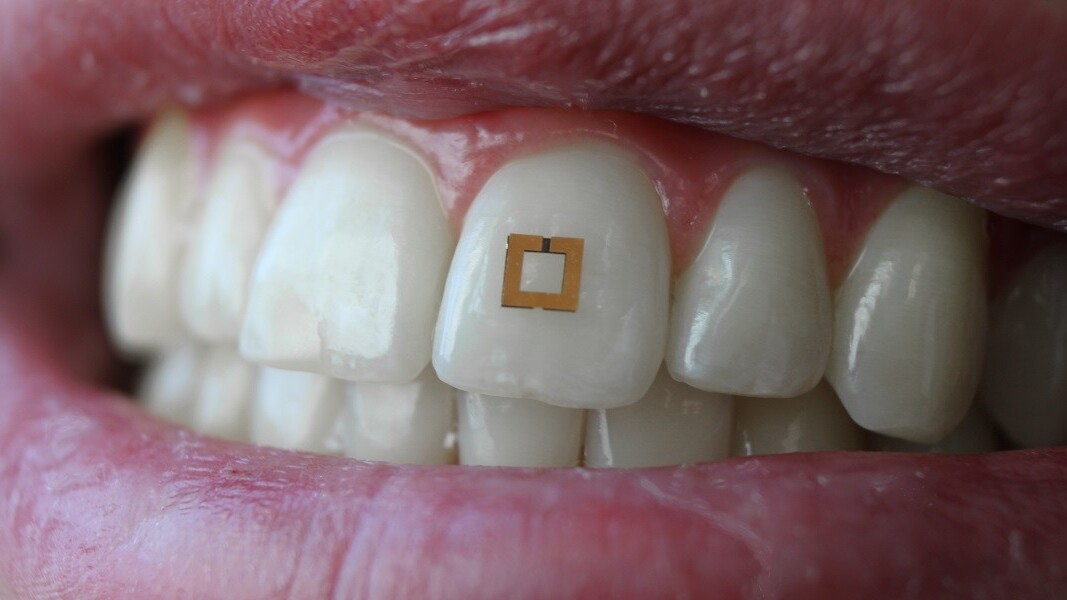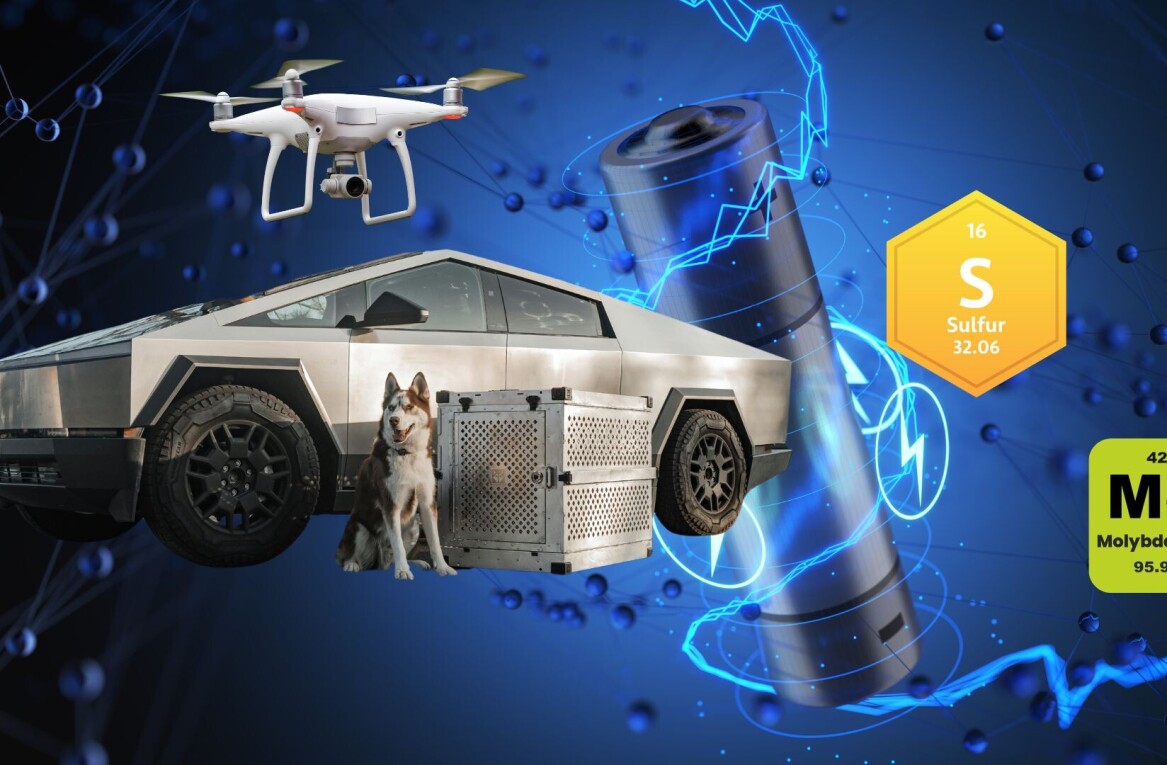
A recent breakthrough in miniaturized sensor technology could end up taking a bite out of personal privacy. Researchers developed a wearable small enough to stick on a human tooth virtually unnoticed. And it’s capable of wirelessly transmitting data on any chemicals it comes in contact with.
The team, researchers from Tufts University School of Engineering, set out to create a better solution for monitoring dietary intake. Their work could prove invaluable to medical researchers and has the potential to save innumerable lives.
The device could give doctors real-time alerts on patients based on actual chemical intake. This means that rather than wait for an emergency, when it’s often too late, they could respond before there’s a problem.
Imagine what a difference this could make for people who need to monitor glucose or sodium levels – it could be revolutionary in the field of preventative medicine. And that’s just the tip of the iceberg.
Fiorenzo Omenetto, one of the authors on the project’s upcoming white paper, told TNW:
While we are aware about what we ingest, we may indulge (or deal with overeating pathologies). On the other hand, sampling and monitoring analytes in the oral cavity could help in a number of ways: from monitoring/early detection of dental health to monitoring physiological states such as fatigue through saliva sampling. Obviously the latter applications require device refinements in terms of sensitivity and specificity to the analytes of interest.
Unfortunately, in 2018, there’s also an ugly side to any thing that collects personal data, as evidenced by the currently unfolding Cambridge Analytica and Facebook scandal.
For most of us, putting a sticker on our tooth isn’t much of a stretch compared to wearing a watch or keeping a phone in our pocket that tracks our every step. But even that small amount of data can paint a pretty huge picture of how you spend your time:
24. This is my Google Fit, which shows all of the steps I've ever taken, any time I walked anywhere, and all the times I've recorded any meditation/yoga/workouts I've done (I deleted this information and revoked Google Fit's permissions) pic.twitter.com/mAYmk8zxwR
— Dylan Curran (@iamdylancurran) March 24, 2018
What if a tiny sensor that you didn’t even notice could send signals to your vehicle telling it not to start because you’ve had a few drinks? That might be a good thing, but the line between safety and privacy only gets blurrier from there. According to the researchers, this thing could be configured to detect just about anything.
Omenetto, in a Tufts University post, said:
In theory we can modify the bioresponsive layer in these sensors to target other chemicals – we are really limited only by our creativity. We have extended common RFID technology to a sensor package that can dynamically read and transmit information on its environment, whether it is affixed to a tooth, to skin, or any other surface.
You’d probably notice if someone put a shiny square on your front tooth while you were sleeping (unless you never smile), but you may not notice one behind your ear or affixed to your scalp right away. And if that bothers you, perhaps you should avoid considering the “any other surface” bit, because without some sort of James Bond spy equipment or advanced training you’d have almost no chance of noticing a dozen of these stuck behind your walls, inside your toilet, or under the bumper of your car.
Make no mistake, this is important research that will almost certainly save lives – but, once this technology is out in the wild, it’s pretty likely to be another tool for gathering our personal data. It’s not up to the researchers to ensure bad actors don’t missaporopriate their work, it’s up to our regulators and lawmakers to ensure that those who do are held accountable.
For now, it’s worth applauding the amazing work this team has done. While, it’s important to point out the potential dangers of any new technology we shouldn’t throw the baby out with the bathwater.
In order to advance the medical field beyond the 20th century it’s crucial that researchers like the ones at Tufts University continue to build solutions designed to make medicine less about ‘the average person’ and more about the individual.
This technology also highlights the urgent need for the development of tools and methods for consumers, patients, and unwitting targets to gain control of their data and defend against its unwanted collection and use.
The Next Web’s 2018 conference is just a few months away, and it’ll be ??. Find out all about our tracks here.
Get the TNW newsletter
Get the most important tech news in your inbox each week.





